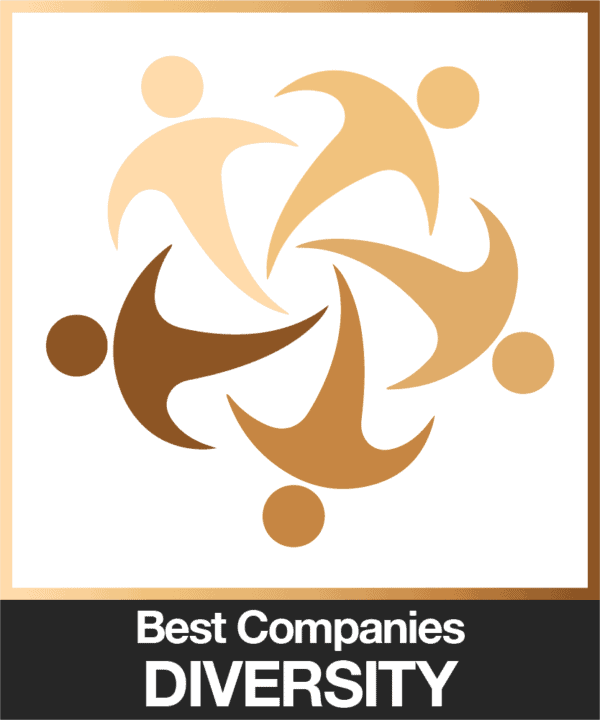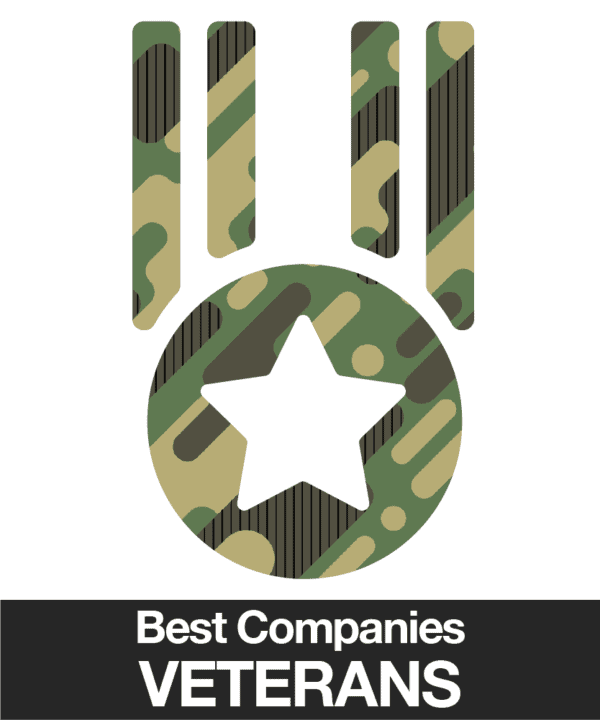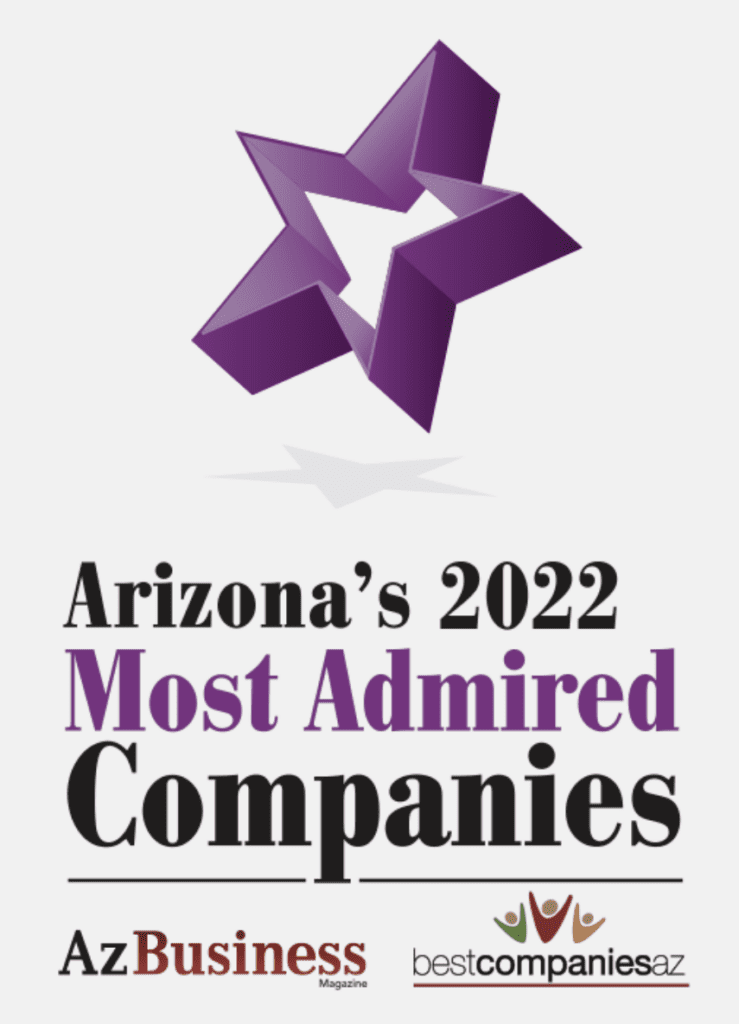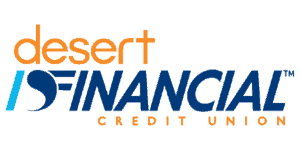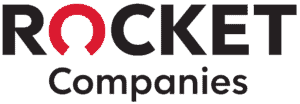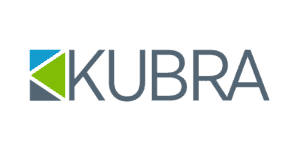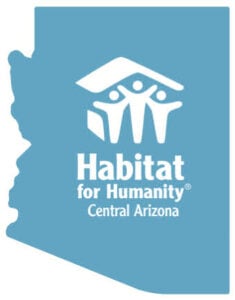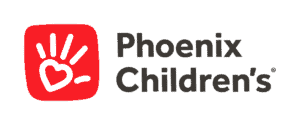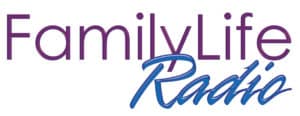Whether you love them or hate them, job interviews are a necessary business practice!
Through the job hunting process, you were able to show the hiring manager that you possess the experience to perform a role. An interview allows the hiring manager to verify your credentials, assess your culture fit, and gauge your enthusiasm.
Even more, a job interview isn’t just an hour-long interrogation. A job interview is the appropriate setting to determine if the position is a role that you will be satisfied with. In addition, it allows you to assess if the company and its work culture are a mutual fit.
All in all, interviews are a two-way street. With the right knowledge, you can impress the hiring manager and ask the right question to make an informed decision if the job is offered.
The Complete Interview Guide is a culmination of hiring manager approved tips and tricks to help you get hired! So, whether you enjoy the interaction or it causes your nerves to buzz, you can confidently walk into a job interview.
With this complete interview guide, you will:
The Complete Interview Guide
The Complete Interview Guide includes information about all aspects of the interview process. Review all sections to get the most out of the guide and get yourself hired!
Practice Makes Perfect: Interview Questions To Master
Attend your job interview with confidence by reviewing these common interview questions that you will likely encounter at a job interview. Learn the best answer to what are your weaknesses and how to answer the infamous ‘tell me about yourself’ question. In addition, gain a better understanding of the company and what the position entails with questions to ask the interviewer.
1. Review Common Interview Questions
| Question | Answer | |
| 1. | How did you hear about the position? | Work this question to your benefit! This is the perfect opportunity to highlight credible references to vouch for you. |
| 2. | What do you know about the company? | Don’t get caught off guard by this interview question! At some point in the interview, the hiring manager will question your knowledge of the company. Conduct thorough research about the company and position beforehand to nail this question. |
| 3. | Why do you want to work for this company? | Similar to the last question, this question is based on your overall knowledge of the company and what you look for in a company. Educate yourself about the company’s mission statement, values, and goals. |
| 4. | What is your greatest professional achievement? | No trick questions here! Let the interviewer know about relevant professional achievements that can be valuable to the company. In addition, elaborate on these experiences with lessons that you’ve learned and how they have made you a better professional. |
| 5. | What is your greatest weakness? | For many, responding to a question like ‘What are your greatest weaknesses’ may seem counter-intuitive. Nevertheless, you can use this question to your advantage. Express how you have changed your ways after recognizing your weakness. This can be developing your own task management method to deal with a cluttered brain or dealing with workplace stress in way that works for you. |
| 6. | What’s a time you exercised leadership/teamwork? | Undoubtedly, at some point in your tenure, you will need to work in a team or take charge. Show the interviewer that you are prepared to take on both roles through past experience. |
| 7. | How would your former boss and colleagues describe you? | This question is vital to help the interviewer to determine if you are an appropriate fit for the company culture. Beforehand, take the time to draft a few answers to respond with confidence. |
| 8. | What are your salary requirements? | Although uncomfortable, this question opens the much-needed conversation of compensation. Research national and local income averages for the position. In addition, take into consideration your level of experience, and skills to formulate a reasonable salary. This question may often come up later in the interview process when you are closer to the finish. |
| 9. | Why are you the best candidate for this position? | This question allows the candidate to make an argument for why they should receive the job offer. Highlight appropriate skills and experiences, then explain to the manager how you will add value. |
| 10. | Do you have any questions for me? | To finish the interview, the hiring manager may ask you if you have any questions. Believe it or not, the employer wants you to ask questions as much as they want to question you. Keep reading to find a few interview questions to ask the interviewer that you need to master. |
2. Master These Interview Questions To Ask The Interviewer
| Question | Answer | |
| 1. | What keeps you coming back to work every day? | This deep-diving question might catch the hiring manager off-guard — but it’s important to listen closely to their answer. Is it the perks that bring employees back each morning? Work-life balance? Company culture? Dog-friendly office? Diversity and inclusion programs? |
| 2. | What is the culture like? | Posing this question at your next job interview will provide you with a broader sense of what it’s like to work there. Company outings, volunteerism, work-life balance, office camaraderie, perks — you can discover a lot from this question. |
| 3. | What is the company’s management style? | Ask the interviewer this question to help you determine how involved your superiors will be with your work. In the end, you want to know if it is a management style that you can perform under. |
| 4. | What kind of growing pains have you experienced while working with this company? | This is one of the top questions to ask an interviewer because, while not exactly intrusive, it opens the door just enough for a healthy discussion of what it’s like to work there. |
| 5. | How do you measure success in this role? | By inquiring about the measure of success, you can gauge what is expected of you in the role. Is it to drive sales? Or, increase client retention? |
| 6. | What opportunities will I have to learn and grow? | Professional development is a huge buzzword and for good reason! Your curiosity and excitement for growth can indicate to the interviewer that you are willing to learn and grow. |
| 7. | Is there anything I have said that makes you doubt that I would be a great fit for this position? | While risky, this question can show your confidence in your qualifications. In addition, you can take this time to acknowledge and quell any reservations that the hiring manager may have about your background or qualifications. |
| 8. | How is the feedback process structured? | Avoid playing phone tag with the hiring manager! Ask about their internal structure, hiring timeline, and when you should expect to receive a response. |
DID YOU KNOW? (click for more information)
Unfortunately, it has increasingly become common for employers at larger companies to never get back to candidates after the initial interview. A good rule of thumb is to follow up three times through email or phone. However, if you haven’t heard back after the third call, it’s safe to say that they’ve moved on with the hiring process without you.
3. Familiarize Yourself With Industry Specific Questions
- Healthcare Interview Questions
- IT Interview Questions and Answers
- Nonprofit Interview Questions
- Nursing Interview Questions and Answers
Interview Tips and Tricks to Impress The Hiring Manager

This interview guide isn’t complete without a few last minute interview tips and tricks to impress the hiring manager. You may have all of the right answers to the interview questions; however, it’ll take more than a few right answers to land the position. Learn how to properly prepare for a phone interview, approach an in-person interview, dress to impress, and how to ask for time off before starting a new job.
4. Prepare for a Phone Interview
A phone interview allows a hiring manager to gauge whether you’re fit for an in-person interview. While you may feel like a phone interview allows you to “wing it” from the comfort of your home, it should be taken just a seriously as an in-person interview. In other words, preparation is key! Review these phone interview tips before the big day.
- Prep Time. Above all, this may be one of the most important phone interview tips. Confirm all details prior to the interview- date, time, and phone number. Conduct any last minute interview research— look through the company’s website, press releases, media mentions, and so forth. Dig deep!
- Papers to Keep Nearby. Keep your resume nearby to reference. In addition, keep a pen and paper handy to take notes on questions, interesting information about the company, and questions you want to ask later on.
- Dress Up! Slouched in bed wearing PJs won’t help you achieve the mindset of a professional! Dress up as you might to an in-person interview to set yourself up for success.
- Cut Out Distractions. Find a quiet place and lock the door! An interviewer’s nightmare? Hearing shuffling papers, screaming kids, barking dogs, coffee shop clamor and “Can we reschedule?”
- Rules on Eating & Drinking. Never eat, drink or chew gum during a phone interview. However, it is useful to keep a glass of water nearby to alleviate dry mouth.
- Pay Attention to Body Language. Smile—it helps you sound enthusiastic about the job. Believe it or not, the interviewer on the other end can hear the smile in your voice.
- Watch Your Words. Enunciate your words and speak slowly! In addition, avoid using sarcasm or dry humor to impress the interviewer. Because the interviewer is not able to see your body language or facial expressions, the jokes may come across as rude.
- Wait Your Turn. Communicating over the phone can be tricky; however, is no excuse to jump the gun. Wait for the interview to fully finish posing the question or commenting. Anything less may come across as rude.
5. Brush Up Your In-Person Interview Skills
No doubt, the in-person interview can be a nerve-wracking experience. Where you may be able to get away with sweaty palms and nervous ticks on a phone interview, interviewers can inspect you under a microscope at in-person interviews. Refresh your memory with these last-minute interview tips.
- Arrive On Time. The old saying goes that if you aren’t 15 minutes early, then you are late. At all cost, don’t arrive late for your interview! Arrive with a few minutes to spare to compose yourself and review notes. Depending on the interview location, it may also be wise to scout out the area and directions a few days beforehand.
- Bring Requested Materials. Oftentimes, it is good to have a few copies of your resume and references on hand. The hiring manager has likely interviewed several candidates between the time they reviewed your resume and attended the interview. This is a considerate way to remind them of who you are and what your qualifications are.
- Be Mindful of Nonverbal Cues. Nonverbal cues are a dead giveaway to how you may feel about an interview. Sit squarely and make consistent eye contact with the interview. Refrain from making nervous body movements like playing with your hair.
- Look for Social Cues. Avoid rambling or talking over the interviewer. In any other setting, this may be a given. However, in a situation where you are trying to convince someone of your hiring potential, these cues can be easily overlooked.
- Be Authentic. Undoubtedly, the hiring manager has conducted tens or more interviewers for the position that you are interviewing for. In this case, they may have encountered the same textbook professional. Don’t be afraid to show your personality. Ultimately, your personality will allow you to stand apart from the competition.
- Mind Your Manners. Inevitably, the hiring manager may ask about previous employers. This is not the time to give the interviewer your best rendition of awful office drama. Speaking negatively of a previous employer won’t earn you bonus points.
- Embrace Silence. Don’t rush to answer a question! Take a moment to comprehend the interview question and form the best answer. Ultimately, this will help prevent rambling episodes.
- Reiterate Your Interest. At the end of the interview, reiterate your interest in the company and position. This gesture indicates your enthusiasm for the interviewer!
6. Dress to Impress
 Dressing for an interview isn’t just about putting on your best digs! During the interview, it is an opportune time for the hiring manager to assess your knowledge of the company and its culture. Overall, your presentation is representative of you and the company. With this in mind, abide by the employee dress code and dress for the season.
Dressing for an interview isn’t just about putting on your best digs! During the interview, it is an opportune time for the hiring manager to assess your knowledge of the company and its culture. Overall, your presentation is representative of you and the company. With this in mind, abide by the employee dress code and dress for the season.
7. Disclose Travel Plans
Inevitably, there are circumstances where you might have to disclose travel plans to a hiring manager. Continue to learn how to ask for time off before starting a new job.
- Wait for an Offer. Best practice says you should wait until you have a confirmed “in” before bringing up approaching travel plans. Mentioning it too early before understanding the employer’s needs can jeopardize your candidacy!
- Be Honest. If the question on availability comes up earlier in the interview process, then is the right time to discuss your time commitments.
- Be Forthright. Don’t guiltily apologize for taking a vacation! Disclose your travel plans with confidence. Then, continue the conversation with additional questions to demonstrate your interest and willingness to negotiate.
Don’t Drop The Ball! Interview Follow-Up

Of course, an interview guide isn’t complete without exploring what comes after the interview!
Even though it may seem like a lot of work, post-interview follow-up is just as crucial as the interview itself. Why? In part, sending a ‘thank you’ letter or email after the interview is a common courtesy to show the employer. Additionally, it is a positive way to remind your employer of who you are, as they start the decision-making process. In the end, an eloquently written ‘thank you’ email can only positively impact your hiring potential. Take a moment to read the top post-interview follow-up tips and learn how to write the best ‘thank you’ email after an interview.
‘Thank You’ Email Example (click for more information)
Dear Mr. Smith
Thank you so much for taking the time to interview me today. I truly appreciated the opportunity and am thrilled at the prospect of being considered for the [position] role with [company name]. It sounds like an excellent fit for my qualifications and my passion for the work. It was a pleasure meeting you and seeing the office, and I look forward to hearing from you.
Thank you again for your time and consideration of my application.
Sincerely,
Emma Johnson
(123)-456-7890
emma.johnson@xyz.com
8. Draft The Perfect “Thank You” Email
Decide on whether to be formal or informal.
Although it may seem archaic, a formal letter expresses a gesture of politeness and formality. In this case, it is appropriate to use the proper “Mr.,” “Mrs.” and “Ms.” when addressing the interviewer. In most situations, formal greetings are paramount. However, informal greetings are appropriate in situations where you’ve built a rapport with the hiring manager. In this case, you can address them on a first name basis and use less formal language. Essentially, it’s best to reference the way your contact addresses you, so you know what’s appropriate.
Personalize it.
Above all, avoid sending a generic ‘thank you’ email after an interview! A generic letter indicates to the hiring manager that you may not put the appropriate time or thought into the letter. Personalize the email by revisiting talking points from the interview and attaching requested information. This simple tip will allow you to stand apart from other generic follow-ups and land the position.
Don’t ignore the interview ‘thank you’ subject line! The best way to initially grab the hiring manager’s attention in their inbox is by including a eye-catching subject line. Try to personalize this so that the reader can immediately relate it to the sender. Was there a quirk that you discussed, something you had in common, or a highlight of the interview that you liked?
Be timely.
At the end of the day, if the letter is not sent in a timely manner, then it is less likely to have an impact. For this reason, it is important to draft and send the letter or email immediately after the interview.
Conclusion
You’ve already done the hard part—you landed an interview! In this case, the hiring manager saw potential in you and wants to verify your capabilities. Use the complete interview guide to anticipate common interview questions, construct thoughtful follow-up questions, compose yourself for the in-person or phone, and nail post-interview communications. In addition, beyond the interview guide, BestCompaniesAZ has helpful resources to help you progress to the next stage of employment.
Don’t wait another minute! Sign up for the BCAZ newsletter, join a community of job seekers, and receive job hunting tips from industry experts!


